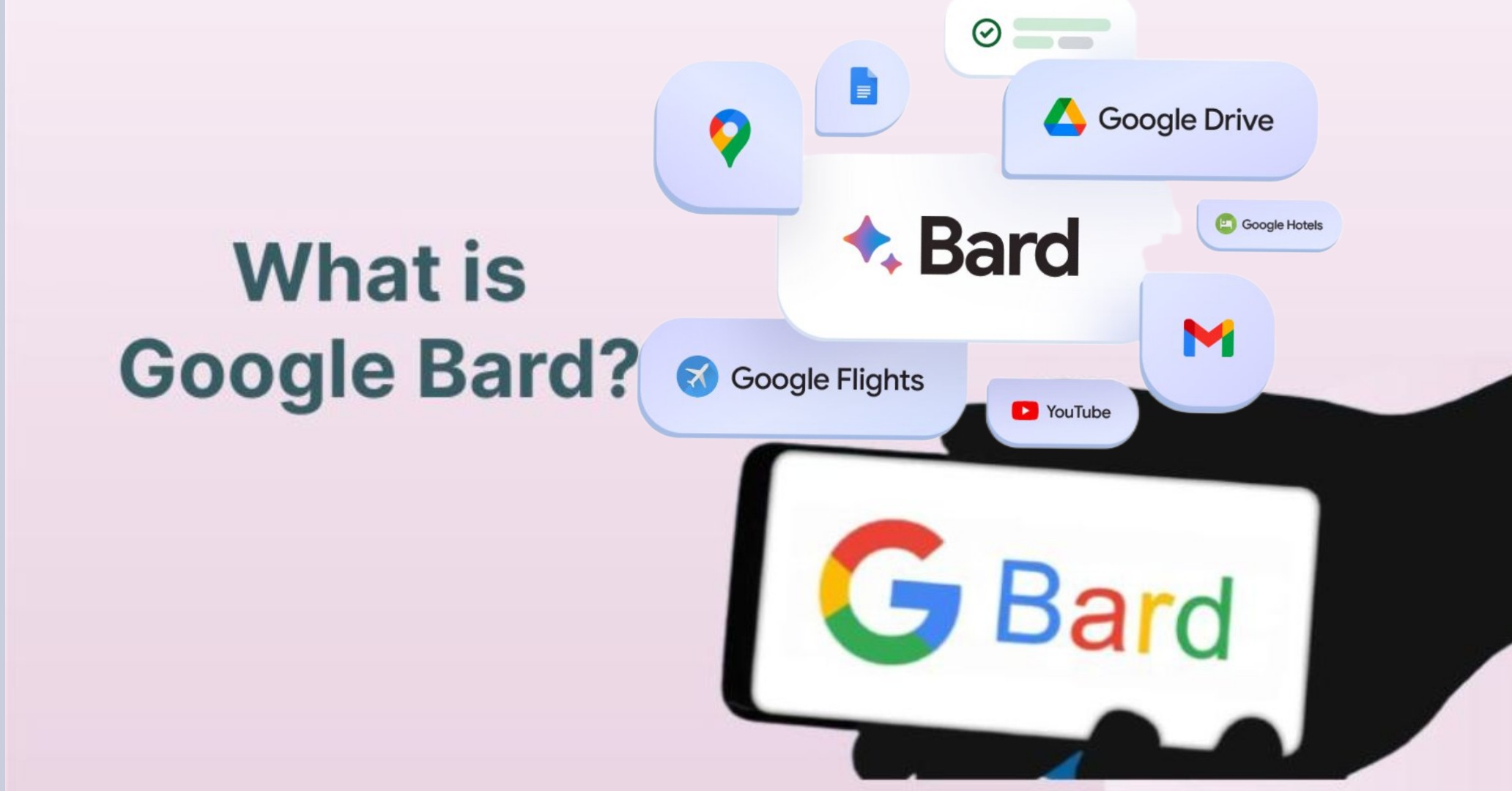
In a bid to keep pace with the soaring popularity of Microsoft-backed OpenAI’s ChatGPT, Google’s generative artificial intelligence, Bard, is getting a significant upgrade. Google announced on Tuesday that Bard will now possess the capability to fact-check its responses and analyze users’ personal Google data.
The launch of ChatGPT last year ignited a race within the tech industry to provide consumers access to generative AI technology. ChatGPT swiftly became the fastest-growing consumer application ever and currently ranks among the top 30 websites globally.
In contrast, Bard has not achieved the same level of traction. According to website analytics firm Similarweb, Bard received 183 million visits in August, which is only 13 percent of what ChatGPT garnered.
To regain ground in the competitive AI landscape, Google is introducing Bard Extensions, a feature that enables users to import data from other Google products. This enhancement means users can request Bard to search their Google Drive files or generate summaries of their Gmail inboxes. Initially, Bard will only support data import from Google apps, but Google is actively collaborating with external companies to facilitate integration with Bard in the future, as explained by Google’s senior product director, Jack Krawczyk.
Bard is also addressing a common issue in generative AI—misleading responses referred to as “hallucinations.” With the latest update, Bard users will have the ability to compare Bard’s answers with Google search results, highlighting the areas of agreement and disagreement. Krawczyk emphasized that Bard is designed to admit when it lacks confidence, aiming to build user trust by holding itself accountable.
In addition to these updates, Bard now introduces a third feature that allows users to invite others to participate in Bard conversations, expanding its collaborative capabilities.
